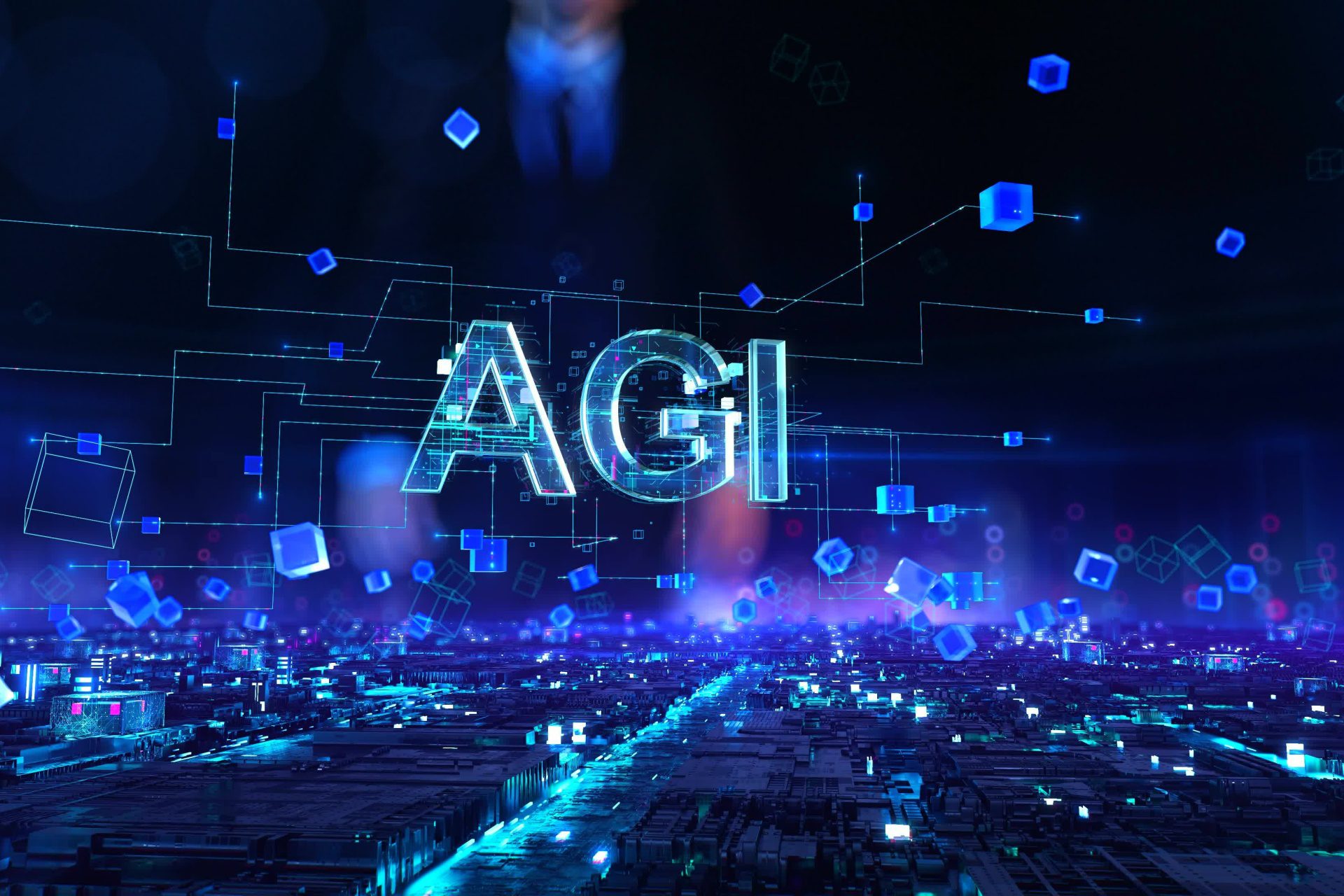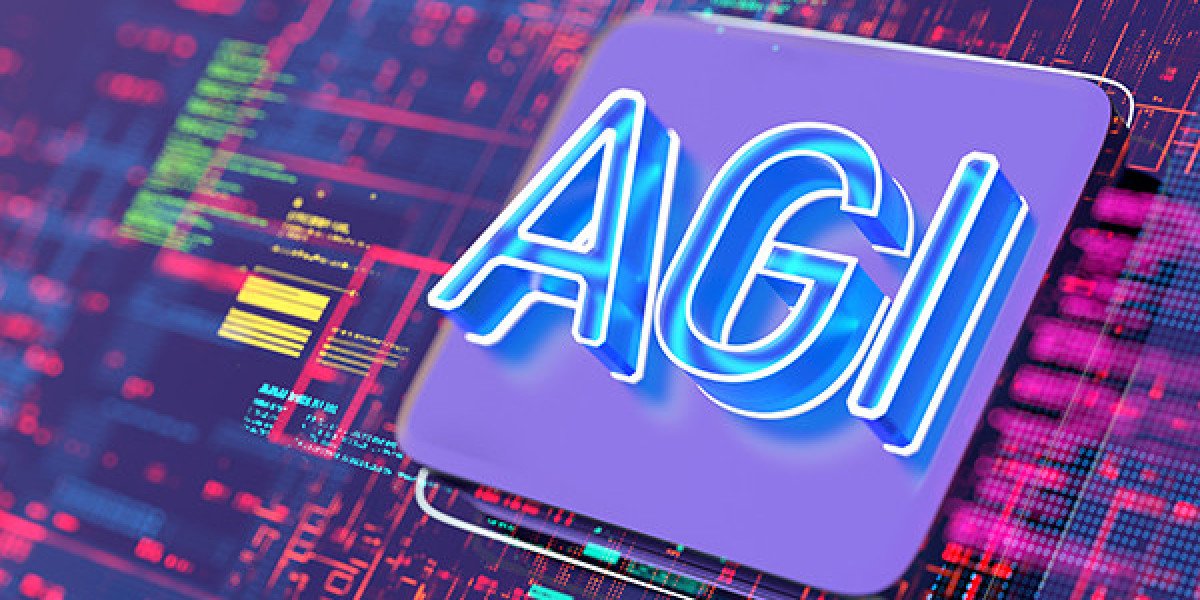Artificial General Intelligence (AGI) represents a significant milestone in the field of artificial intelligence. Unlike narrow AI, which is designed for specific tasks, AGI aims to replicate human cognitive abilities across a wide range of functions. Sam Altman, a prominent figure in the tech industry and CEO of OpenAI, has been vocal about the potential and challenges of developing AGI. This article explores Altman's insights on the journey from hype to reality in the pursuit of AGI.
Understanding the Hype Around AGI
The concept of AGI has generated immense excitement and speculation. Many envision a future where machines possess human-like intelligence, capable of solving complex problems and making autonomous decisions. This hype is fueled by rapid advancements in AI technologies, particularly in machine learning and neural networks. However, Altman emphasizes the need for a realistic perspective on AGI, acknowledging that while progress is being made, we are still far from achieving true general intelligence.
The Current State of AI Development
As of now, AI systems excel in narrow applications, such as language translation, image recognition, and game playing. These systems, however, lack the versatility and adaptability characteristic of human intelligence. Altman points out that the current AI models, including those developed by OpenAI, are impressive but fundamentally limited. They operate within predefined parameters and do not possess the ability to understand or reason about the world in the same way humans do.
Challenges in Achieving AGI
The path to AGI is fraught with challenges. One of the primary obstacles is the complexity of human cognition itself. Understanding how humans think, learn, and make decisions is a monumental task. Altman highlights that replicating these processes in machines requires not only advanced algorithms but also a deeper understanding of neuroscience and psychology. Additionally, ethical considerations surrounding AGI development pose significant hurdles that must be addressed.

The Role of Collaboration in AGI Development
Altman advocates for collaboration among researchers, technologists, and policymakers to navigate the challenges of AGI. He believes that a collective effort is essential to ensure that AGI is developed responsibly and safely. OpenAI, under Altman's leadership, has prioritized transparency and collaboration, sharing research findings and engaging with the broader community. This approach aims to foster a shared understanding of AGI's potential and risks.
Ethical Considerations in AGI
The ethical implications of AGI are a central concern for Altman and the AI community. As machines become more capable, questions arise about their impact on society, employment, and decision-making. Altman stresses the importance of establishing ethical guidelines to govern AGI development. Ensuring that AGI aligns with human values and serves the greater good is paramount in mitigating potential risks associated with its deployment.
The Vision for AGI
Despite the challenges, Altman remains optimistic about the future of AGI. He envisions a world where AGI can enhance human capabilities, solve pressing global issues, and improve quality of life. Altman believes that with careful development and ethical considerations, AGI has the potential to be a transformative force for good. This vision drives his work at OpenAI and inspires ongoing research in the field.
Conclusion: The Journey Ahead
The journey from hype to reality in AGI development is complex and multifaceted. Sam Altman's insights shed light on the current state of AI, the challenges ahead, and the importance of collaboration and ethics in shaping the future of AGI. As we move forward, it is crucial to balance innovation with responsibility, ensuring that the path to AGI is guided by a commitment to human values and societal well-being








